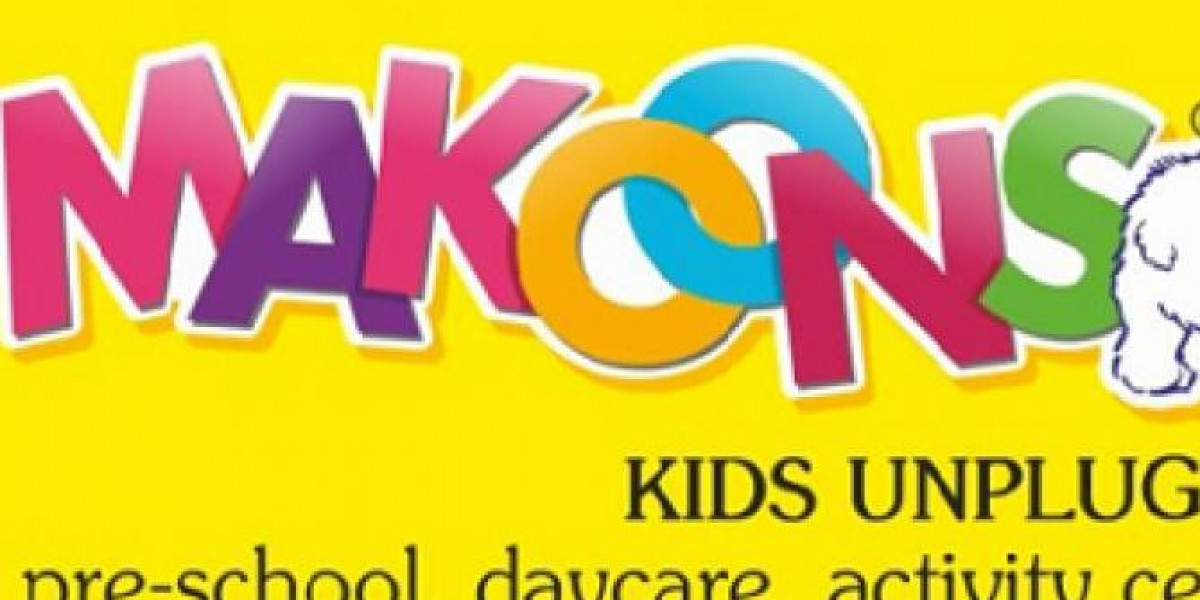The transition from preschool to primary school is one of the most defining milestones in a child’s early years. It marks a shift not only in environment but also in expectations, routines, and the child’s emotional and social world. In a nurturing play school, learning feels free, guided, and joyful—children explore at their own pace, follow play-based activities, and develop foundational skills in a warm, flexible setting. But when they move to primary school, the pace becomes more structured, routines become tighter, and learning becomes more goal-oriented.
Many parents notice that even confident preschoolers suddenly become anxious, withdrawn, or resistant when they enter Grade 1. This is not because primary school is inherently difficult, but because the developmental shift requires emotional readiness, routine adaptability, and early academic preparedness—all of which must be built gradually. Today, parents across cities—whether choosing a preschool in Pune, a preschool in Hyderabad, or a preschool in Ghaziabad—are increasingly concerned with ensuring their child’s smooth transition. And rightly so: the quality of this shift can shape how children feel about schooling for years to come.
So why do some children struggle? And more importantly, how can parents prevent those struggles early on? Understanding these questions is the key to nurturing confident, enthusiastic learners.
The Emotional Gap: Leaving Behind the Comfort of Play-Based Learning
Children in preschool are still in the phase where relationships, emotional safety, and familiarity matter more than academics. They learn primarily through play—building blocks, pretend scenarios, sensory exploration, music, stories, and movement. These activities nurture cognitive skills, motor development, and social understanding without pressure. A well-designed play school ensures the child feels free, secure, and capable.
The moment the child enters primary school, this emotional environment looks different. Teachers change, routines become fixed, and peer groups shift. The child is expected to sit longer, follow instructions more strictly, and complete structured tasks. For some children, this emotional jump creates fear and insecurity. They may cling more, cry during drop-off, or withdraw in class.
Children who attend nurturing early-learning environments like a thoughtfully curated preschool in Pune generally show fewer emotional struggles because they are already accustomed to a rhythm that gently prepares them for the idea of “school time” rather than only “play time.”
The Change in Learning Style: From Exploration to Instruction
Preschool learning is largely experiential. Children learn letters by tracing them in sand, numbers through hopscotch games, and social skills through pretend-play setups. These methods build deep understanding and foundational thinking.
Primary school, on the other hand, introduces:
textbooks
writing-based activities
assessments
structured tasks
sitting for longer durations
Some children adapt instantly, while others feel the difference as a burden.
Many progressive preschools—like modern preschool in Hyderabad—have already begun blending guided play with structured learning, making sure children are gradually introduced to writing, phonics, logical reasoning, sequencing, and early numeracy. This hybrid approach minimizes the shock children feel when they enter Grade 1.
The Social Stretch: Navigating Peer Groups and New Expectations
A child stepping into primary school often walks into a new ecosystem—new teachers, new classmates, new rules. Children who have weaker communication skills or limited exposure to group activities may find it overwhelming to express themselves, ask doubts, or collaborate during tasks.
In many cities where nuclear families are common and children have limited social interaction, schools—especially a preschool in Ghaziabad or other emerging regions—play an even more important role in nurturing social readiness. When children get ample opportunities for circle time conversations, role-play, group activities, collaborative games, and storytelling, they build the confidence needed for primary classrooms.
The Routine Shift: Longer Days, Homework, Discipline, Structure
Preschool routines are flexible and designed around the child’s comfort. But primary school introduces:
fixed schedules
longer hours
homework
uniform discipline
formal assemblies
classroom expectations
For children who were not gradually prepared for these routines—both at school and at home—this transition feels like a sudden loss of freedom.
Parents often underestimate how deeply routine impacts a child’s sense of control. Children attending a structured yet joyful play school often adjust better because they already know the rhythm of learning, transitioning between activities, and following teacher-led tasks.
How Parents Can Prevent These Struggles Early
A smooth transition does not happen in Grade 1; it begins years earlier. Parents play an equally powerful role in preparing the child emotionally, socially, and academically.
One of the first steps is choosing a preschool that does not rely solely on free play but slowly builds readiness skills in gentle, developmentally aligned ways. A thoughtful preschool in Pune might include structured circle-time activities, early writing readiness, phonics sessions, and number-based games. A leading preschool in Hyderabad may focus on confidence-building, problem-solving, and routine-following. A child-friendly preschool in Ghaziabad might emphasize communication skills, social interactions, and daily routines. These small practices create massive long-term stability.
At home, small habits make a significant difference in preventing future struggles:
Reading together nurtures language confidence.
Having a small daily routine gives a child predictability.
Reducing screen time improves attention span.
Allowing children to solve problems independently builds resilience.
Encouraging early responsibility—like packing their bag or arranging toys—creates ownership.
These habits help children understand the rhythm of structured learning long before they enter a formal classroom.
The Parent-School Partnership Matters Most
Parents and teachers must work together to make the transition comfortable. When the preschool environment communicates openly, shares the child’s strengths and challenges, and guides parents on how to support learning at home, the child feels grounded. Children attending a strong play school often show fewer transition problems because their early education focuses not just on learning but on emotional readiness, independence, and school-friendly behaviour.
A Smooth Start Shapes a Lifetime of Learning
Struggles during the preschool-to-primary transition are not signs of weakness—they are signs of developmental gaps that can be nurtured. With the right preschool environment, supportive routines, emotional bonding, and intentional preparation, every child can transition with confidence.
Parents choosing the right preschool in Pune, preschool in Hyderabad, or preschool in Ghaziabad and reinforcing strong habits at home can ensure that their child walks into primary school not with fear, but with excitement, curiosity, and readiness.
Also read:
20 Famous Dry Fruits Names in English and Hindi: With Benefits
How Many Letters Are in English Alphabet & Other Languages?
A stress-free transition isn’t a luxury—it’s a foundation. And every child deserves it.







